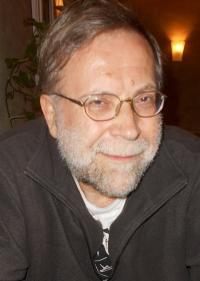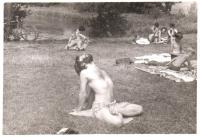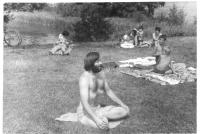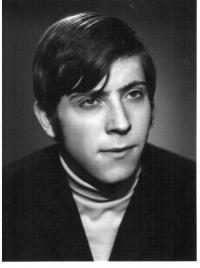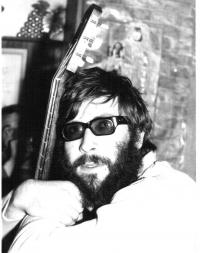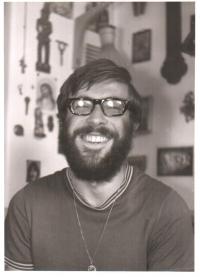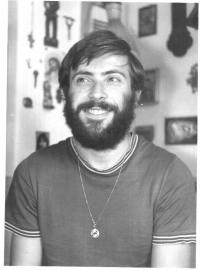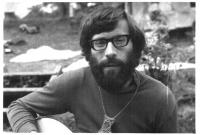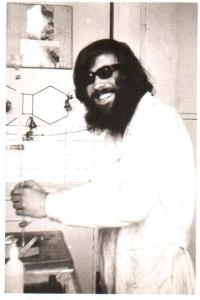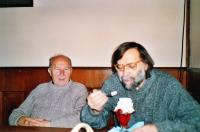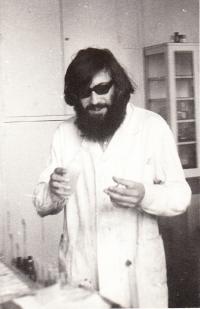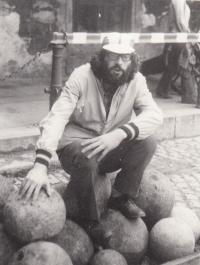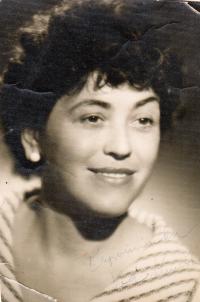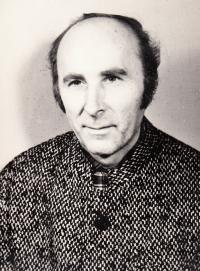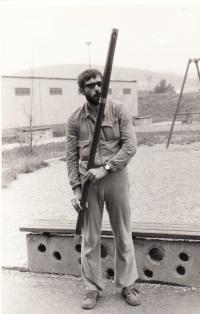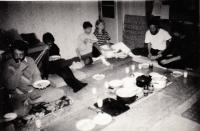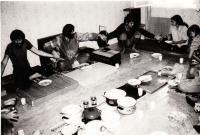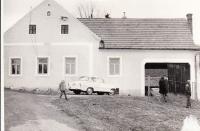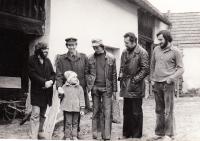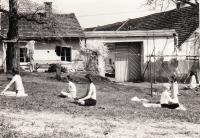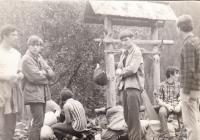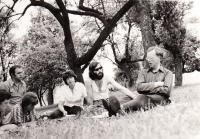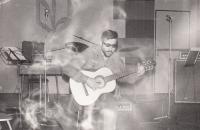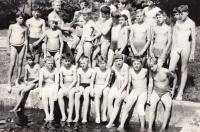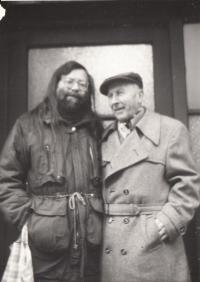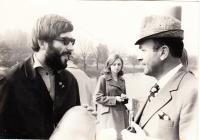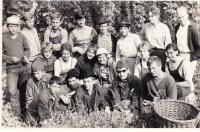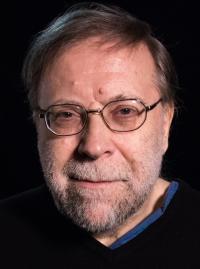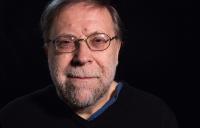Neither the communist nor the military regime were suitable for the life of a yogi

Download image
Jiří Mazánek was born on 14 March 1952 in Pardubice. His father was a chemist, his mother worked at a post office. He has one younger brother. He graduated from chemical technology at the university in Pardubice. Ever since he was twelve he played the guitar and as a sixteen-year-old, in 1968, began practicing yoga. His first teacher was Otakar Vojkůvka from Brno who also published samizdat translations of Indian philosophy which Jiří became acquanted with. In mid-70s he underwent a year-long military training in České Budějovice where he secretly continued practicing yoga and vegetarianism. He gathered people of similar mindset, organized semi-legal yoga weekends and summer camps and had a connection to the pioneers of the Krishna movement who secretly travelled to Czechoslovakia from Western countries. He passed exams to become an instructor, which enabled him to practice yoga in the Sokol clubs. However, this could have only been done as a physical exercise, without any mantras, meditations or reading of spiritual texts. He violated this prohibition both in gyms, and at weekend events and summer camps. This made him a common target of informers and led to his investigation by the secret police. The long-term practicing of yoga broadened his horizons, which had reflected in his music production. Jaroslav Hutka introduced him to the sitar and Indian music. Jiří wished to study it in India and in 1980s, he got a scholarship there. However, due to his political profile, he was prohibited from leaving the country. He only managed several months prior to the Velvet Revolution. In India, he studied singing and playing the sitar. He performed with the Šafrán association and in the late-1980s founded the group Relaxace. To this day, he produces his own music on ethnical instruments, inspired by the meditative component of Indian music. He was never interested in politics or active therein.
